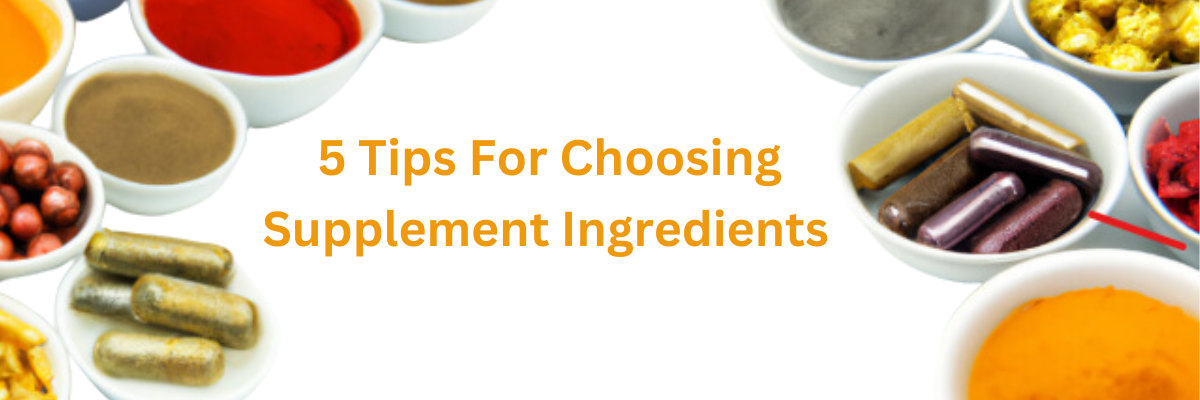NicholeCatherine88
-
0
Posts -
0
Comments -
3.3K
Views
-
NicholeCatherine88 shared Jeanne post
2 years, 2 months agoJeanne posted an update in the group Pro Discount Vitamins
2 years, 4 months agoWhen choosing a supplement it’s hard to know which companies are spending most of their money on slick marketing and less on their ingredients. Here are a few tips I found useful from Fullscript. I’m passing the tips on to you with the hope these tips are helpful. Here are 5 important things to know about the ingredients in supplements: Inactive Ingredients Have a Purpose: On supplement labels, you’ll see “excipients,” which are substances added to supplements during production. These help with things like appearance, absorption, taste, and preservation. Usually, they’re safe, but some might have allergens like wheat or dairy. Always check labels to ensure that you are not allergic to any of the ingredients. “Natural” Doesn’t Always Mean Safe: Some supplements claim to be “100% natural” for better health, but that doesn’t guarantee safety. Even natural ingredients can be harmful at high doses. For instance, too much vitamin C can upset your stomach. Be cautious of the word “natural” on the packaging—it’s used to build trust, but it doesn’t always mean a product is safe. Not All Extracts Are the Same: Some supplements have extracts, which can vary in strength. Standardized extracts ensure consistent doses, but not all products are standardized. Check labels, especially for extracts, as inconsistency in doses can affect your safety. FDA Doesn’t Pre-Approve Ingredients: Unlike prescription drugs, supplement ingredients aren’t checked by the FDA before they’re sold. Companies must ensure their products are safe, but the FDA doesn’t verify their effectiveness. This can lead to incorrect ingredients or inaccurate labels. Quality Is Key: To ensure safety and success in your treatment plan, choose supplements with high-quality ingredients. Trustworthy products are transparent about health claims, manufacturing, and where they get their ingredients. Look for third-party certification, like “gluten-free,” for extra assurance. Remember, supplements aren’t as strictly regulated as prescription drugs. Different manufacturers can vary in how they source, make, and distribute supplements. The label provides a lot of information about the ingredients, so knowing what to look for is crucial. Opting for high-quality products with clear information helps make sure what’s on the label is true.

